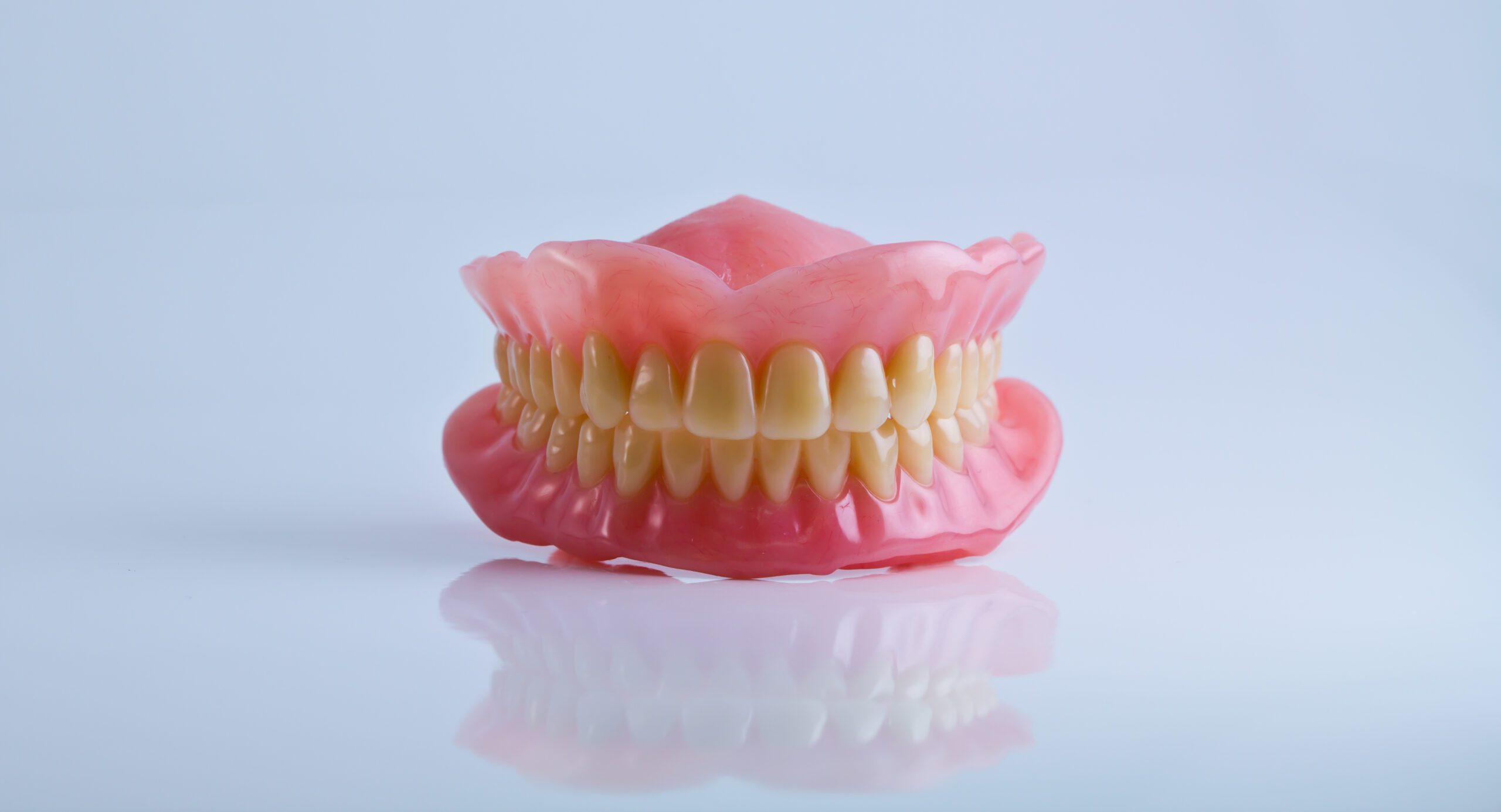
The Complete Guide to Dentures: Everything You Need to Know Including Dentures Cost
Dentures are essential dental prosthetics that restore functionality and aesthetics for individuals experiencing tooth loss. Understanding the various types of dentures and associated dentures costs is key to making decisions about your dental health and budget. At Tempe Family Dentistry, we’re committed to providing vital information to help you understand your options and make the best choices about your dental care.
Understanding Dentures and Dentures Cost
What Are Dentures?
Dentures are removable dental appliances designed to replace missing teeth and surrounding tissues. They are custom-made to fit comfortably in your mouth, restoring your ability to chew, speak, and smile confidently.
Types of Dentures
- Full Dentures: Replace all teeth in either the upper or lower jaw.
- Partial Dentures: Fill in gaps left by missing teeth while preserving remaining natural teeth.
- Immediate Dentures: Placed immediately after tooth extraction to facilitate healing.
- Overdentures: Fit over remaining natural teeth or dental implants.
- Custom Dentures: Tailored to fit your unique oral structure and preferences.
- Implant-Supported Dentures: Secured by dental implants for enhanced stability and comfort.
Factors Affecting Denture Costs
- Dental Visits and Consultations: Regular visits are necessary for adjustments and routine check-ups.
- Adjustments and Fittings: Ensuring proper fit and comfort may require multiple fittings.
- Maintenance and Repairs: Costs associated with cleaning solutions, adhesives, and occasional repairs.
The Process of Getting Dentures
- Initial Consultation During your initial consultation, your dentist will assess your oral health, discuss your treatment options, and address any concerns you may have about dentures cost and procedure.
- Impressions and Measurements Accurate impressions and measurements are critical for creating well-fitted dentures. This step ensures comfort and functionality while minimizing the need for adjustments.
- Fitting and Adjustment Following fabrication, your dentures will be fitted and adjusted to achieve optimal comfort and functionality. Common adjustments address issues like sore spots or discomfort.
Financing Your Dentures
Dental Insurance and Coverage: Many dental insurance plans cover a portion of the cost of dentures, but coverage can vary. It’s important to check with your insurance provider to understand your specific benefits. Review policy details to understand the extent of coverage for initial fittings, adjustments, and replacements.
Payment Plans and Financing Options: Many dental offices, including Tempe Family Dentistry, offer flexible payment plans and financing options to help manage dentures cost within your budget. Discuss available plans and denture cost with your dentist.
Caring for Your Dentures
Daily Cleaning and Maintenance: Dentures should be cleaned daily using a soft-bristled brush and non-abrasive cleaner. They should be soaked overnight in a denture solution and handled with care to prevent damage. Maintain your dentures by cleaning them daily with denture-specific products to prevent plaque buildup and stains. Proper care extends their lifespan and ensures oral hygiene.
Regular Check-ups: Schedule regular dental check-ups to assess the condition of your dentures and oral health. Your dentist will inspect for fit, function, and any signs of wear or damage.
Handling Repairs and Replacements: Be prepared for occasional repairs or replacements as dentures age or undergo wear. Consult your dentist promptly for professional assessment and necessary adjustments.
Frequently Asked Questions
- How long do dentures last? With proper care and maintenance, dentures can last between 5 to 10 years. However, they may need adjustments or relining over time due to changes in the mouth’s structure.
- Can I eat normally with dentures? It may take some time to adjust, but most people can eat a wide variety of foods with dentures. It’s advisable to start with softer foods and gradually reintroduce harder foods as you become more comfortable.
- Will dentures change the way I speak? Initially, dentures may affect your speech, but with practice, most people adapt and speak normally. Reading aloud and practicing difficult words can help speed up the adjustment period.
- What should I do if my dentures become loose or uncomfortable? If your dentures become loose, uncomfortable, or cause sore spots, it’s important to visit your dentist. They can make necessary adjustments to ensure a proper fit and comfort.
- How often should I visit my dentist with dentures? Regular dental checkups are essential, even with dentures. Your dentist will monitor the condition of your dentures, check your oral health, and make any needed adjustments to ensure a proper fit.
- Are there alternatives to traditional dentures? Yes, alternatives to traditional dentures include dental implants and fixed bridges. These options are more permanent and can provide a more natural feel and appearance but tend to be more expensive.
Choosing the right dentures involves understanding their types, denture cost, and maintenance requirements. At Tempe Family Dentistry, we’re here to guide you through this process and help you achieve a confident smile. Contact us today by calling (480) 839-0330 or just fill out our online appointment form here to schedule your consultation and discover further insights into the best denture options for your needs. Let us help you restore your smile and improve your quality of life.
